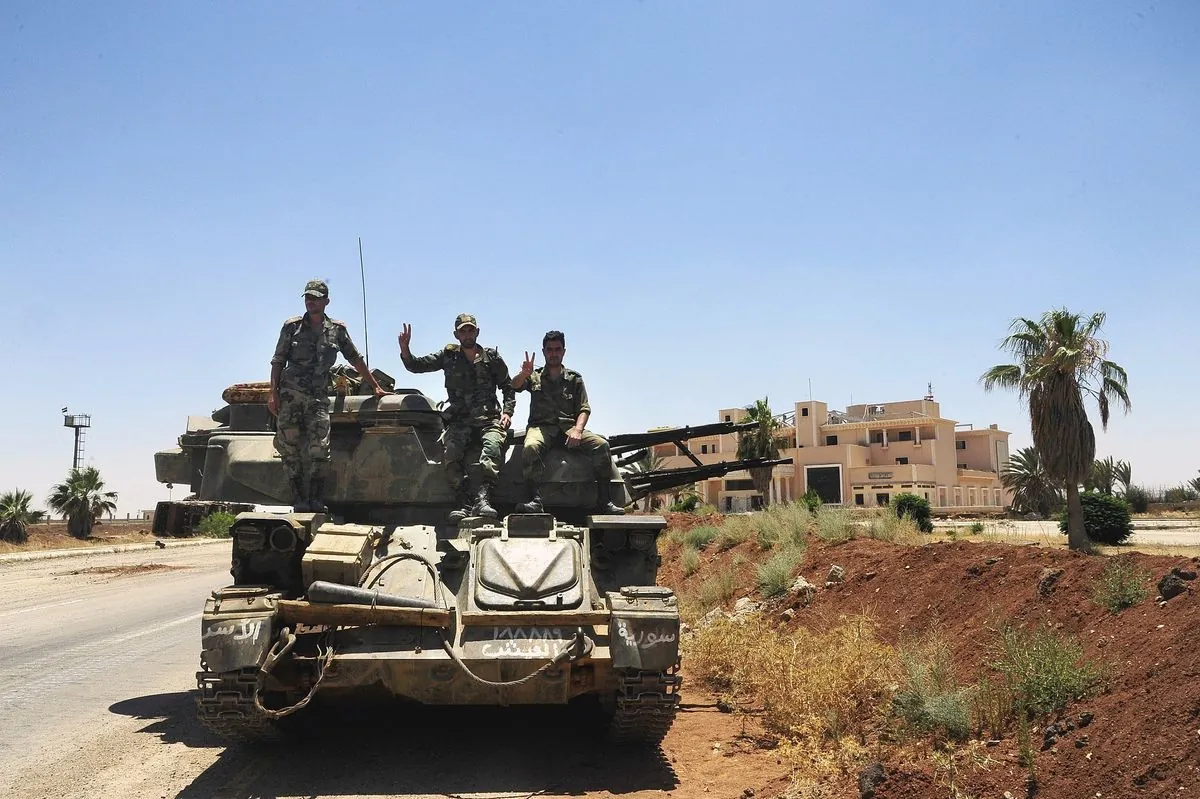Power Shift in Syria: Iran's Growing Influence as Russia Retreats
Russia's withdrawal from Syria has led to increased Iranian and Hezbollah presence, complicating regional dynamics. This shift poses new challenges for Israel, the West, and regional stability.

Russia's military intervention in Syria in 2015 initially raised concerns in the West about the Kremlin's intentions in the Middle East. However, nearly a decade later, the dynamics have shifted significantly, with Iran gaining more influence as Russia reduces its presence in the war-torn country.
Russia's withdrawal from Syria, prompted by its invasion of Ukraine in 2022 and the Wagner Group mutiny in 2023, has created a power vacuum. This void is being filled by Iranian and Hezbollah forces, complicating the situation for the United States and its allies.

Despite its reduced presence, Russia has reaped substantial benefits from its intervention in Syria. These include control over Syria's gas and oil fields, potential reconstruction contracts, and strategic military bases. Russia's approach in Syria has been relatively cautious, aiming to avoid unnecessary conflicts.
In contrast, Iran and Hezbollah are driven by ambition and ideology, primarily focused on containing or even destroying Israel. Their expansion in Syria has been marked by the establishment of numerous military sites and the formation of new proxy groups.
"Iran operates 13 military bases across the country, drawing from five divisions of Islamic Revolutionary Guard Corps troops and often collaborating with Hezbollah."
The shift in power dynamics poses new challenges for key players in the region. For Russia, increased Iranian and Hezbollah presence could jeopardize its gains. Israel faces the threat of a new front in Syria, in addition to its ongoing conflicts with Hamas in Gaza and Hezbollah in southern Lebanon.
The situation is equally complex for the West. As Iran and Hezbollah consolidate their influence in Syria, there's a risk of Russia being drawn further into the Axis of Resistance campaign, potentially reviving Cold War-era tensions.
The U.S. government's best option may be to maintain its military presence in Syria and support the Syrian Democratic Forces (SDF). However, the future of the SDF depends largely on Turkey's stance towards Syria.
As the situation evolves, it's clear that the power shift in Syria will have far-reaching implications for regional stability and international relations in the Middle East.


































